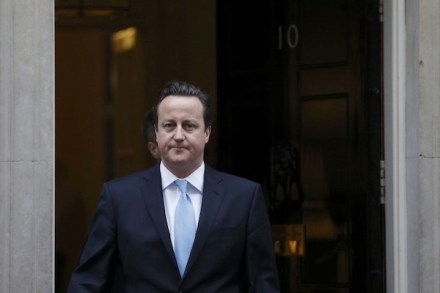David Cameron’s EU speech: the Coffee House guide
Downing Street has tonight released the following extracts from David Cameron’s speech on the European Union, which he will deliver tomorrow at 8am. Here’s your guide to what we know so far: 1. An unwilling EU could sleepwalk Britain out of the union ‘I speak as British Prime Minister with a positive vision for the future of the European Union. A future in which Britain wants, and should want, to play a committed and active part. ‘If we don’t address these challenges, the danger is that Europe will fail and the British people will drift towards the exit. ‘I do not want that to happen. I want the European Union




















